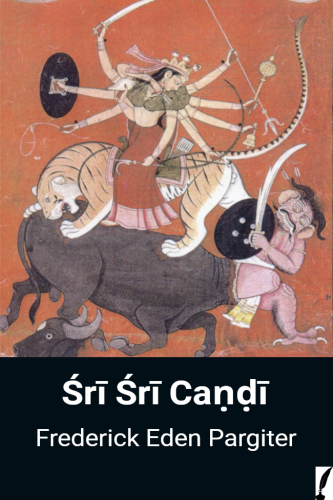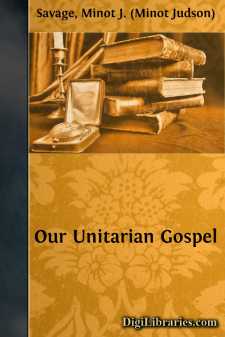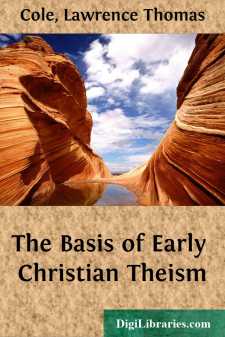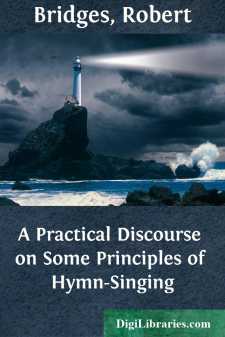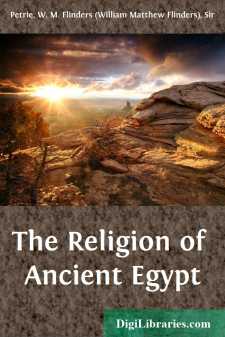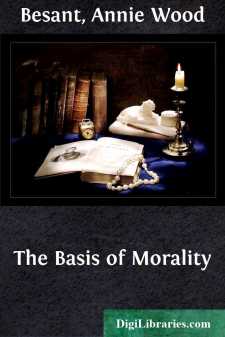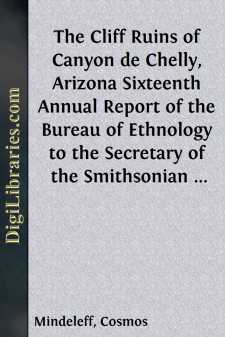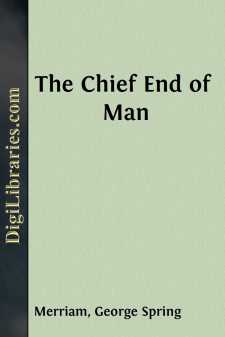Religion
- Agnosticism 2
- Antiquities & Archaeology 21
- Atheism 12
- Biblical Criticism & Interpretation 15
- Biblical Meditations 3
- Biblical Reference 1
- Biblical Studies 11
- Buddhism 8
- Christian Church 52
- Christian Education 5
- Christian Life 26
- Christianity 60
- Cults 2
- Devotional 6
- Eastern 2
- Education 4
- Eschatology 1
- Ethics 3
- General 60
- Gnosticism 1
- Hinduism 15
- History 28
- Holidays 10
- Inspirational 1
- Islam 8
- Judaism 3
- Leadership 1
- Meditations 3
- Monasticism 1
- Mysticism 11
- Philosophy 4
- Prayer 26
- Prayerbooks 5
- Religion & Science 12
- Sermons 54
- Spirituality 53
- Theism 2
- Theology 17
- Theosophy 15
Religion Books
Sort by:
Śrī Śrī Caṇḍī is a revered text among Śāktas, who follow Śaktism — a branch of Hinduism. It is read during the worship of Goddess Durgā and is especially popular in Eastern India, particularly in Bengal — a Śākta stronghold. Śrī Śrī Caṇḍī, also known as Devī Māhātmya or Durgā Saptaśatī, is an excerpt from the Mārkanḍeya Purāṇa, which is one of the 18...
more...
UNITARIANISM. THROUGH the lack of having made themselves familiar with the matter, there is a common and, I think, a widespread impression among people generally that Unitarianism is a new-fangled notion, a modern fad, a belief held only by a few, who are one side of the main currents of religious life and advance. Even if it were new, even if it were confined to the modern world, this would not...
more...
CHAPTER IINTRODUCTION A question which every author ought to ask of himself before he sends forth his work, and one which must occur to every thoughtful reader, is the inquiry, Cui bono?—what justification has one for treating the subject at all, and why in the particular way which he has chosen? To the pertinency of this question to the present treatise the author has been deeply sensible, and...
more...
by:
Robert Bridges
What St. Augustin says of the emotion which he felt on hearing the music in the Portian basilica at Milan in the year 386 has always seemed to me a good illustration of the relativity of musical expression; I mean how much more its ethical significance depends on the musical experience of the hearer, than on any special accomplishment or intrinsic development of the art. Knowing of what kind that music...
more...
CHAPTER I THE NATURE OF GODS Before dealing with the special varieties of the Egyptians' belief in gods, it is best to try to avoid a misunderstanding of their whole conception of the supernatural. The term god has come to tacitly imply to our minds such a highly specialised group of attributes, that we can hardly throw our ideas back into the more remote conceptions to which we also attach the...
more...
by:
DadaBhagwan
Im Laufe des Lebens werden viele Menschen durch Umstände verwirrt, die außerhalb ihrer Kontrolle liegen - sowohl ihre eigenen, als auch die der anderen. Während der Untersuchung der Prinzipienvon Karma mag sich jemand immer noch fragen: "Warum passieren guten Menschen schlechte Dinge?" Im Buch "Die Wissenschaft von Karma" erklärt Param Pujya Dada Bhagwan diepräzise Definition von...
more...
Introduction. Richard Rolle of Hampole is the earliest in time of our famous English Mystics. Born in or about 1300, he died in 1349, seven years after Mother Julian of Norwich was born. Walter Hilton died in 1392. An exhaustive account of Rolle's life is given in Vol. ii. of Professor Horstman's Edition of his works, a book unfortunately out of print. The main facts are recorded in a brief...
more...
I REVELATION Must religion and morals go together? Can one be taught without the other? It is a practical question for educationists, and France tried to answer it in the dreariest little cut and dry kind of catechism ever given to boys to make them long to be wicked. But apart from education, the question of the bedrock on which morals rest, the foundation on which a moral edifice can be built that...
more...
by:
Cosmos Mindeleff
INTRODUCTION HISTORY AND LITERATURE Although Canyon de Chelly is one of the best cliff-ruin regions of the United States, it is not easily accessible and is practically unknown. At the time of the conquest of this country by the "Army of the West" in 1846, and of the rush to California in 1849, vague rumors were current of wonderful "cities" built in the cliffs, but the position of the...
more...
PROLOGUE It sometimes happens that a man is confronted by a perplexing crisis, before which he is quite at a loss how to direct his course. His familiar rules and habits seem to fail him, and his perplexity approaches dismay. At such a time, if his previous life has been guided by purpose and consideration, he may perhaps help himself by looking attentively back at the steps by which he has hitherto...
more...


